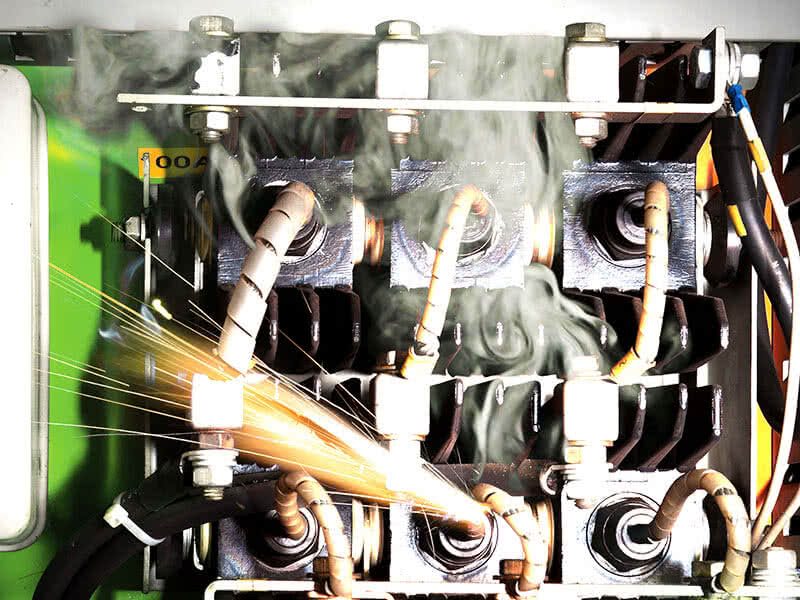Many data center owners and operators have UPS systems that may be approaching end of useful life—let’s face it, turn-of-the-century and dot-com boom power systems are entering their twilight years.
If your facility is powered by one of these “legacy” UPS systems, you may still be operating reliably, but is likely on the downward curve towards diminishing returns. The reality is that all electro-mechanical systems have parts that wear and eventually wear down. Owners of older UPS systems are realizing the benefits of evaluating and upgrading to keep their critical loads economically and reliably protected.
To determine if your data center is a candidate for a new UPS system, consider these initial questions:
- Is your UPS system more than 12 years old?
- Is the operating efficiency of an older system causing your utility bills to be a drag on your budget?
- Are critical parts becoming less available?
- Is servicing your system becoming more difficult?
- Is the current utilization rate of your system too low or too high?
- Are the batteries / capacitors / fans due for replacement?
If you answered “yes” to one or more of these questions, there’s no time like the present to start investigating new UPS technologies. While cost is likely to be your first concern, you may be surprised at the operating savings a new system could provide.
Consider the following scenario:
Joe uses a 12-year-old UPS rated at 360kW.
- It is operating at a 75 percent utilization rate, or 270kW.
- Input kW is 293.
- The efficiency is 92 percent—pretty solid for an older unit.
- It runs 24×7 or 8,760 hours per year.
- Utility rates for Joe are $.10/kWh.
- His company’s annual operating cost is about $25,700, including the related cooling expense.
Joe is evaluating:
- A new UPS system rated at 400kW.
- It operates at 95.2 percent efficiency in double-conversion mode.
- He has the same 270kW load and utility costs.
- Joe’s annual operating cost is now just $14,900.
- He saves $10,800 annually on this new system.
- Over the average 15-year life of a UPS, savings would add up to $162,000.
Joe and his management realize the operating savings alone is enough to consider upgrading. He begins to look more closely and discovers that he will have access to a reliable source on parts, lower service requirements, likely footprint savings, and improved intelligence—making the upgrade an even more attractive option. Additionally, he can use the same electrical feeder/breaker setups that are employed by their current system.
Your scenario may be even more appealing. Many older UPS systems operate at less than 90 percent efficiency. New technologies are available that are highly efficient, reliable and flexible systems in transformer-free or transformer-based configurations. Many can operate at efficiencies north of 98 percent.
When you do end up replacing your legacy equipment with a modern UPS system, remember that any upgrade requires expertise in planning and installing. Make sure you are partnering with proven technical professionals trained to help in the proper selection, transition and deployment of your power system.
This was originally published on the Electronics Protection online guest blog on 10/12/15.





